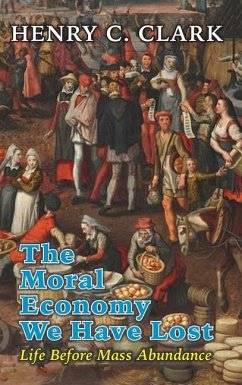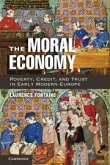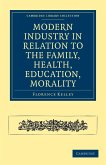THIS LANDMARK WORK of cultural synthesis clearly debates fundamental historical issues of morality, government, autonomy, power and self-responsibility, labor, exchange, household economy and consumption. It offers a wide-ranging social-historical assessment of the moralization of economic conduct among ordinary people in pre-modern Europe. / Its detailed survey presents a microcosmic view of the human condition. It resets the baseline for critical assessments of modern "capitalism" by offering an alternative to one of the most successful theories of the past half-century: E.P. Thompson's famous paradigm of the "moral economy." / This book casts modernity itself in a new light. It records and analyses many of the ordinary activities of ordinary people with a sympathy and a kindly wit which brings them to life after the lapse of centuries, uncolored by the heroics of popular but unhistorical romanticism. Professor Clark's observations are shrewd, real, compassionate, historically-based, and unsentimental. The work highlights fundamental understandings of the most fascinating sources and vignettes. It shows the richness and variety of human character and the implications of the social and moral changes which took place. / Clark begins with a critique of one of the most influential historical theories - that 18th-century food rioters gave voice to a widely shared "moral economy" in resistance to the advent of market capitalism. He offers a different way of thinking about what was "moral" in the economy of pre-modern Europeans. He pulls together recent work on economic and social history alike to show how both a zero-sum moral economy of honor and a surprisingly acquisitive individualism were pervasive in Northwest Europe over the six centuries before the Industrial Revolution.
Hinweis: Dieser Artikel kann nur an eine deutsche Lieferadresse ausgeliefert werden.
Hinweis: Dieser Artikel kann nur an eine deutsche Lieferadresse ausgeliefert werden.








